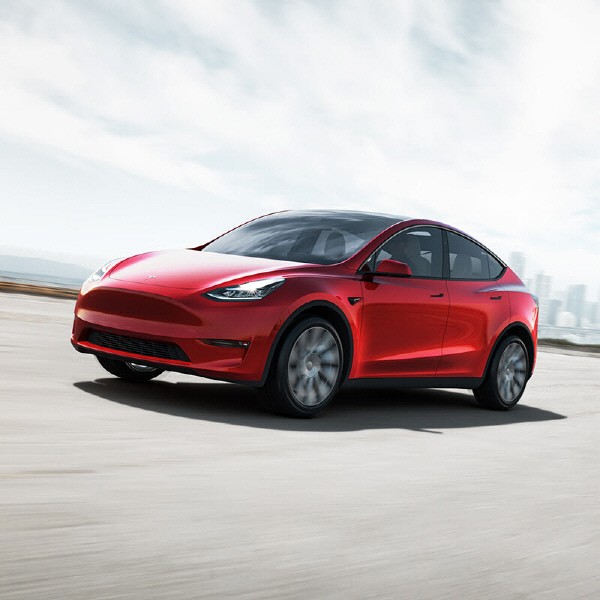
Tesla, the world's largest electric vehicle maker, will fully introduce lithium iron phosphate (LFP) batteries to its low-end models. This is a measure to expand electric vehicle sales and strengthen price competitiveness. LFP is a technology mainly controlled by China. There are concerns about the impact of the domestic battery industry.
According to the industry and foreign media on the 21st, Tesla announced that it plans to introduce LFP batteries to all its 'Standard Range' models. Tesla has applied LFP batteries to some models, but in the future, it plans to expand to all its standard-range cars.
Tesla’s electric vehicles are divided into three categories: standard, long-range, and performance. The Standard is the model with the shortest mileage. This is one of the most affordable Tesla models. Tesla used LFP and Nickel Cobalt Aluminum (NCA) batteries in the standard models. The NCA battery was supplied by Panasonic.
A direct blow to Panasonic is expected with the full-scale conversion to LFP. However, the impact on the domestic battery industry is expected to be significant. This is because the position of LFP batteries, which Korean battery makers have ignored, is expected to strengthen.
Domestic battery makers believe that LFP cannot become mainstream in the electric vehicle market because of the low energy density that determines driving performance. In response, we focused our efforts on high-density NCM, NCA, and NCMA batteries. This strategy worked to a certain extent, and LG Energy Solution, Samsung SDI, and SK On quickly increased their orders in the global electric vehicle market.
However, it is interpreted that the demand for LFP batteries is rapidly increasing in the electric vehicle industry as securing price competitiveness becomes more important as the spread of electric vehicles expands. LFP batteries are characterized by low cost because they do not use cobalt. From the perspective of automakers, cost reduction can help increase sales. Tesla has preemptively declared a full conversion of LFP batteries, and not only Tesla, but also Volkswagen and Ford are considering increasing the proportion of LFP to reduce costs.
For LFP batteries, Chinese battery manufacturers such as CATL and BYD are leading the global market. CATL is currently supplying LFP batteries to Tesla. Tesla plans to make electric vehicles equipped with LFP batteries at its Chinese plant and sell them globally. As the application of LFP batteries expands, it is possible to select additional suppliers, but domestic battery makers are just starting to respond to LFP, so there are concerns that they will fall behind in competition with China.
In an interview with foreign media recently, SK On CEO Dong-seop Ji said, “We are considering developing an LFP battery that has advantages in terms of cost and thermal stability.” LG Energy Solutions is also known to have started developing LFP.
By Staff Reporter Gun-il Yoon benyun@etnews.com,
By Staff Reporter Ji-woong Kim jw0316@etnews.com